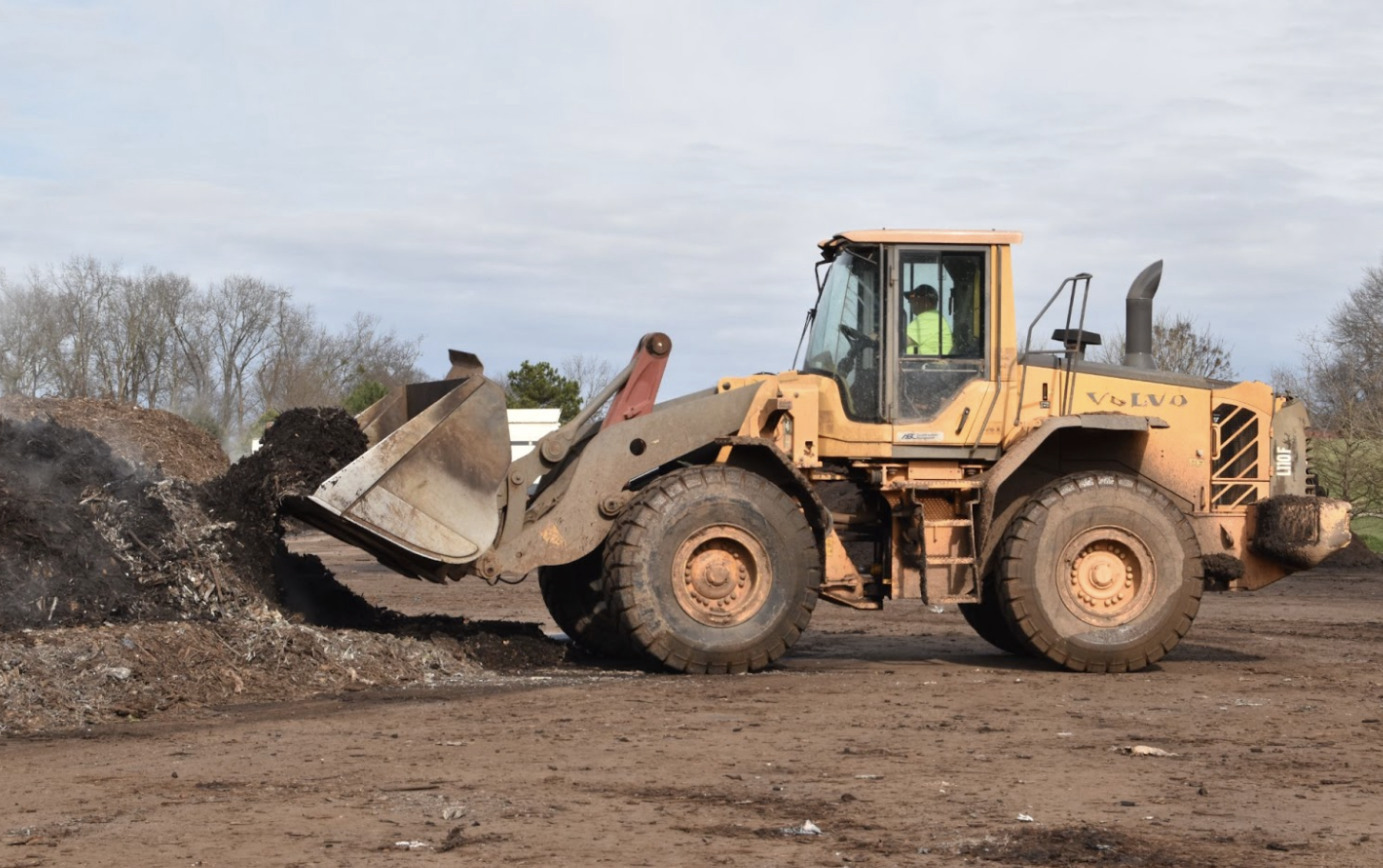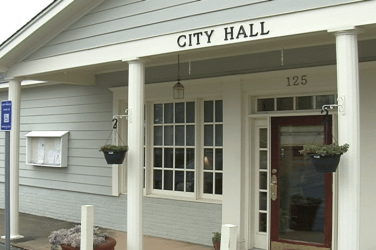A new grant awarded to the Athens-Clarke County Recycling Division will expand the county’s commercial compost program potential capacity by providing funds to purchase a larger collection truck and other materials.
The current collection system started around 2016. Businesses, nonprofits and other organizations in Athens can pay to have food scraps and other compostable material picked up regularly, up to three times a week.
Why It’s Newsworthy: Athens-Clarke County is one of two counties in the state to provide a publicly-owned compost option. It is even more rare to offer a public route that picks up compost, and news of this expansion could inform restaurant or other local business owners of the option to be added to the compost route.For business owners like Peter Dale, who is co-owner of Maepole, The National, Condor Chocolates and Seabear Oyster Bar, the choice to opt in to the commercial compost program was an easy one. Dale said he and the other owners of Maepole specifically designed the restaurant with compost in mind – everything down to the silverware can be composted.
It just seemed like part of the full circle of a local food system where you know, the food’s growing here. We’re cooking it here, people are eating it here,” Dale said. “And then there’s always going to be some waste. And so it felt like that should be part of the full circle.”
Joe Dunlop, the waste reduction administrator for the division, hopes the Recycling, Waste Reduction and Diversion Grant funded by the Georgia Environmental Protection Division will help them add more businesses to their commercial compost collection program. The program is presently limited by the amount of waste their current truck can hold, according to Dunlop.
“I would say we have around 30 businesses on the route right now,” Dunlop said. “I would love to get that up around 50 or so, but the main thing is that with the amount of waste we get right now, we’ve hit the max limit on the truck we have.”

The cost for businesses to join the program starts at $26.60 and increases based on the number of collection bins and pickups the business needs. After picking up the waste, the Solid Waste Department processes it in their commercial compost facility, where it eventually becomes compost that they later sell to be used in gardening, farming or as mulch.
Food waste is responsible for around 8% of the world’s greenhouse gas emissions each year, according to the Food and Agriculture Organization. Composting this waste instead of sending it to the landfill can reduce emissions and return the nutrients from food – organic material – back into the soil, according to Laura Ney, a University of Georgia Cooperative Extension agent for Athens-Clarke County.
“It’s just keeping a bunch of organic material out of our landfills,” Ney said. “So it reduces costs to landfills, and it also reduces methane emissions from our landfills.”
However, there are some considerations to be made by business owners when implementing composting. These include educating both customers and employees about composting, having the space for a compost bin and the cost of compostable packaging if owners want to compost more than food scraps.
“It was important to us and it was a decision we made, and we feel fine spending more on that [compostable] packaging,” said Dale. “But it definitely would be cheaper to use styrofoam and plastic and just throw it in the trash.”
Composting is a good option for many businesses though, according to Dunlop.
“You can only recycle so much,” he said. “And for some businesses, a significant portion of their waste stream is going to be non-recyclable material that could be composted.”
The grant was awarded earlier this year, but requires approval signatures from the mayor of Athens and the director of the Environmental Protection Division before the new truck can be bought. Dunlop expects to get the green light by the end of February, and said the department is prepared to make the purchase quickly afterward.
Amanda Budd is a senior majoring in journalism in the Grady College of Journalism and Mass Communication at the University of Georgia.









Show Comments (0)